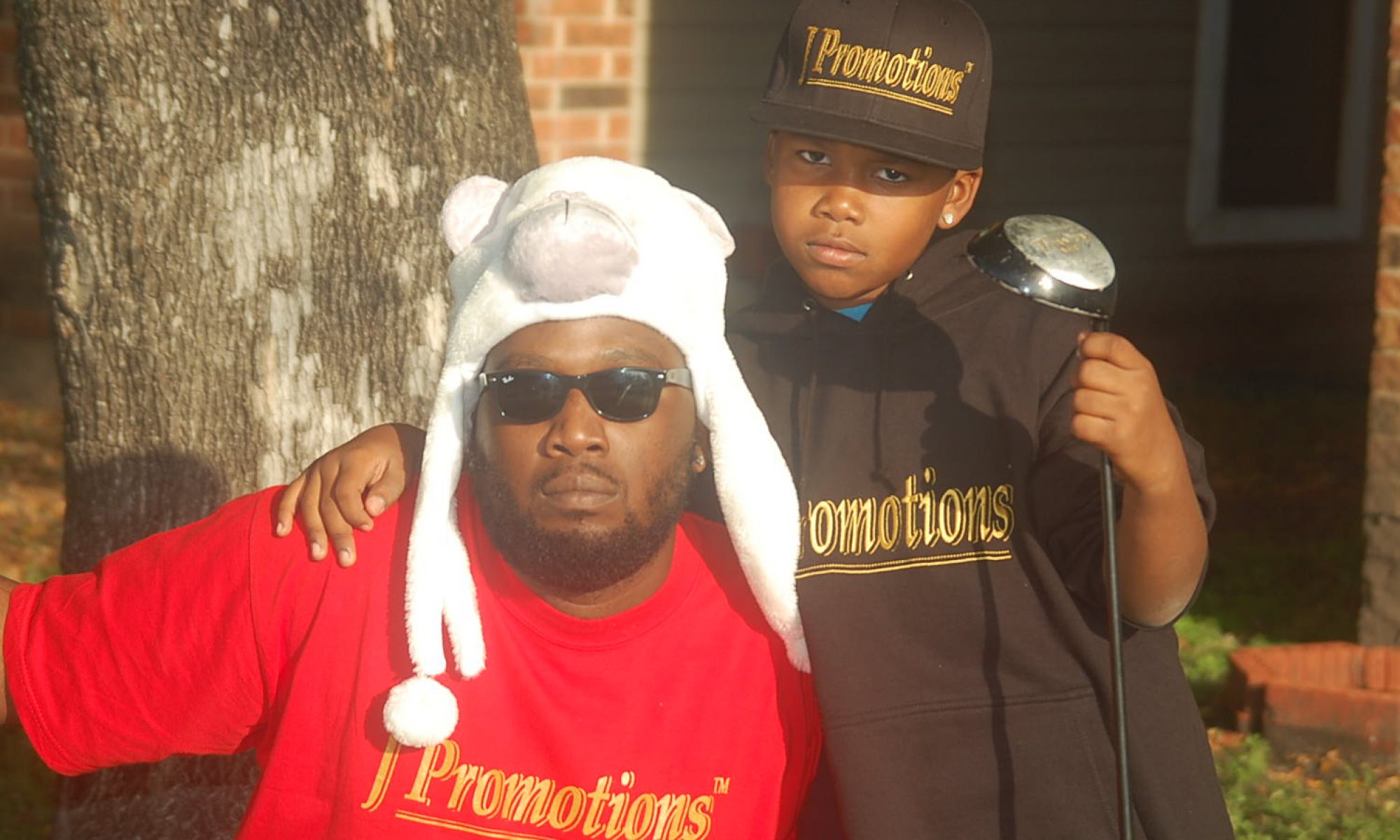Danielle Bregoli, the 13-year-old who rose to internet fame thanks to an appearance on “The Dr. Phil Show” last year, is reportedly in talks to get a show of her own. The reality show, currently being shopped to several networks, is the culmination of a whirlwind meme-fication that took Danielle from your everyday troubled teenager to the creator of the internet’s favorite catchphrase: “Cash me ousside. Howbow dah?”
In the original “Dr. Phil” clip from September, Danielle has been brought on the show by her distraught mother, who needs help controlling her unruly daughter. The teen brags about hitting her mother, and stealing cars and credit cards. She’s antagonistic towards Dr. Phil, her mother and the audience. She’s very clearly an insecure young girl who’s overcompensating.
But at some point during her talk with Dr. Phil, there’s a shift. Danielle goes from being presented as a troubled child to a mere oddity, something to be gawked at and laughed at.
“I’m sorry, I didn’t get that, are you speaking English?” Dr. Phil asks Danielle at one point, after she brags about “takin’ the next bitch car.”
There are several things happening in this video at once, several things that say a lot about how we as a culture perceive blackness, and perceive young black women in particular.
Danielle, a white girl, speaks with a distinct accent that draws on AAVE, or African-American Vernacular English. In other words, she talks like a “black girl.” Not every black girl, of course. But her voice, her clothes, her long nails and hoop earrings are all specifically black cultural markers. She is performing blackness, and it’s a performance meant to elicit a very specific reaction from the audience, perhaps unbeknownst to 13-year-old Danielle herself.
Think of any classic ‘90s episode of “Maury” or “Jerry Springer” that featured black and brown teens with bad attitudes, and Danielle’s behavior is nearly identical.
What isn’t identical, of course, is race. The novelty of the outrageous black teens of daytime talk shows, or more recent black viral stars like Antoine Dodson, “Confused Black Girl,” and Sweet Brown, is inherently different from the novelty of Danielle, and thus her growing fame.
Danielle’s popularity has everything to do with the fact that she’s a white girl performing blackness, appropriating black slang, black fashion and black mannerisms. And she’s being rewarded for it. Her catchphrase would not have gone viral had she not been using AAVE, had she said instead, “Catch me outside ― how about that?”
But unlike those black and brown girls before her, Danielle’s trajectory reveals an inherent truth, an inherent double standard.
Where all those black and Latina girls were given just 15 seconds of infamy, Danielle has managed to parlay her persona into 15 minutes and actual dollars. Since the clip went viral, she’s begun making $30,000 to $40,000 for appearances. She started a “Cashmeousside” hoodie line. And now, she may have a TV show on the way.
How many black teen girls like Danielle have been able to transform viral infamy into this kind of so-called success? Kayla Newman, the black teen who coined the phrase “on fleek,” was barely credited for her creation ― although it’s arguably way more of a cultural phenomenon than “cash me ousside.” She’s also barely been able to raise money for the makeup and hair company she launched on GoFundMe in February.
Some may argue that the difference between Kayla and Danielle is that Kayla simply didn’t capitalize on her moment fast enough. However, Kayla was barely even given a moment to work with. And she’s also not a skinny white girl ― a far more marketable and far more appealing package for blackness.
Because on a white girl, “ratchet” or “hood” behavior is hilarious, even a little cute. It isn’t threatening. And since Danielle is white, it presents a way to laugh at blackness without interrogating why it is we laugh at blackness.
Danielle’s rise to internet stardom is endemic of a society that loves to laugh and gawk at blackness, or the performance of blackness ― especially when it comes in the form of a white girl. That’s not Danielle’s fault, of course. But that she’s finding fame and fortune through this is telling.
— This feed and its contents are the property of The Huffington Post, and use is subject to our terms. It may be used for personal consumption, but may not be distributed on a website.
Source: HuffPost Black Voices
